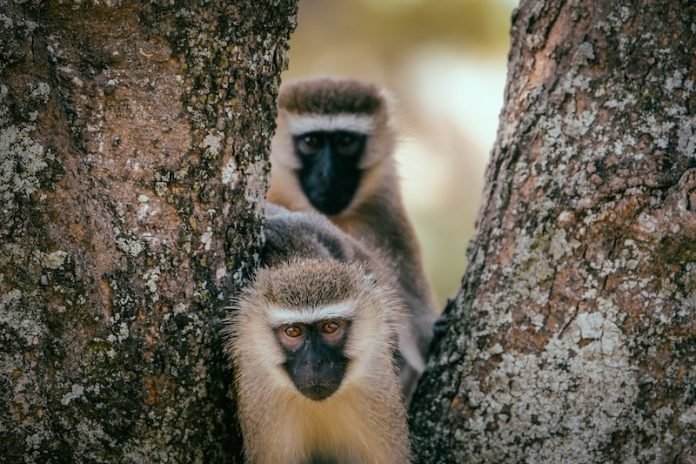
In the realm of group-living animals, from the dense forests to the vast savannas, scientists have long been fascinated by the intricate social behaviors that bind these creatures together.
Now, groundbreaking research from biologists at Stockholm University and the University of Neuchâtel offers fresh insights into the evolution of these social bonds, commonly referred to as friendships, and the cooperation they foster within animal communities.
Published in the prestigious journal PNAS, this study challenges long-held notions and proposes a new understanding of the dynamics at play in the animal kingdom.
For decades, the study of animal behavior has utilized the principles of game theory to explain why animals exhibit altruistic behaviors, such as food sharing, within their groups.
Central to these explanations has been the concept of reciprocity—supporting others who have previously provided support. Yet, traditional models emphasizing strict, immediate reciprocity have struggled to fully account for the complexity and richness of real-life animal relationships.
The researchers propose a more nuanced explanation, suggesting that social bonds and the accompanying helping behaviors evolve gradually through ongoing interactions.
A key finding of their study is that these bonds are reinforced by a history of mutual support and shared experiences, growing stronger over time. Such bonds are not limited to small groups; they can also flourish in larger communities as long as individuals have the chance to interact within smaller subsets.
An intriguing aspect of the study highlights how group members do not just maintain existing relationships but also actively seek to establish connections with new members.
This behavior significantly contributes to the group’s overall social fabric, enhancing cohesion and cooperation among its members.
Professor Emeritus Olof Leimar of Stockholm University’s Department of Zoology, a co-author of the study, emphasizes the significance of their findings.
He points out that contrary to previous assumptions that new friendships form slowly, their analysis suggests group members might actively foster new relationships, aligning with earlier discussions on the evolution of helping behaviors.
The researchers draw parallels between the reciprocal nature of friendships observed in animal groups and the inherently asymmetrical relationship between mothers and their offspring, where the flow of assistance is primarily one-directional.
They also reference the well-documented instances of food sharing among vampire bats as empirical support for their theoretical model, encouraging further exploration into the formation and dynamics of social bonds across different species.
This pioneering research not only challenges existing theories about the evolution of cooperation and friendship among animals but also opens new avenues for understanding how complex social networks develop and function in the natural world.
It underscores the importance of social connections in animal groups, offering a richer, more intricate view of their social worlds.
The research findings can be found in PNAS.
Copyright © 2024 Knowridge Science Report. All rights reserved.



